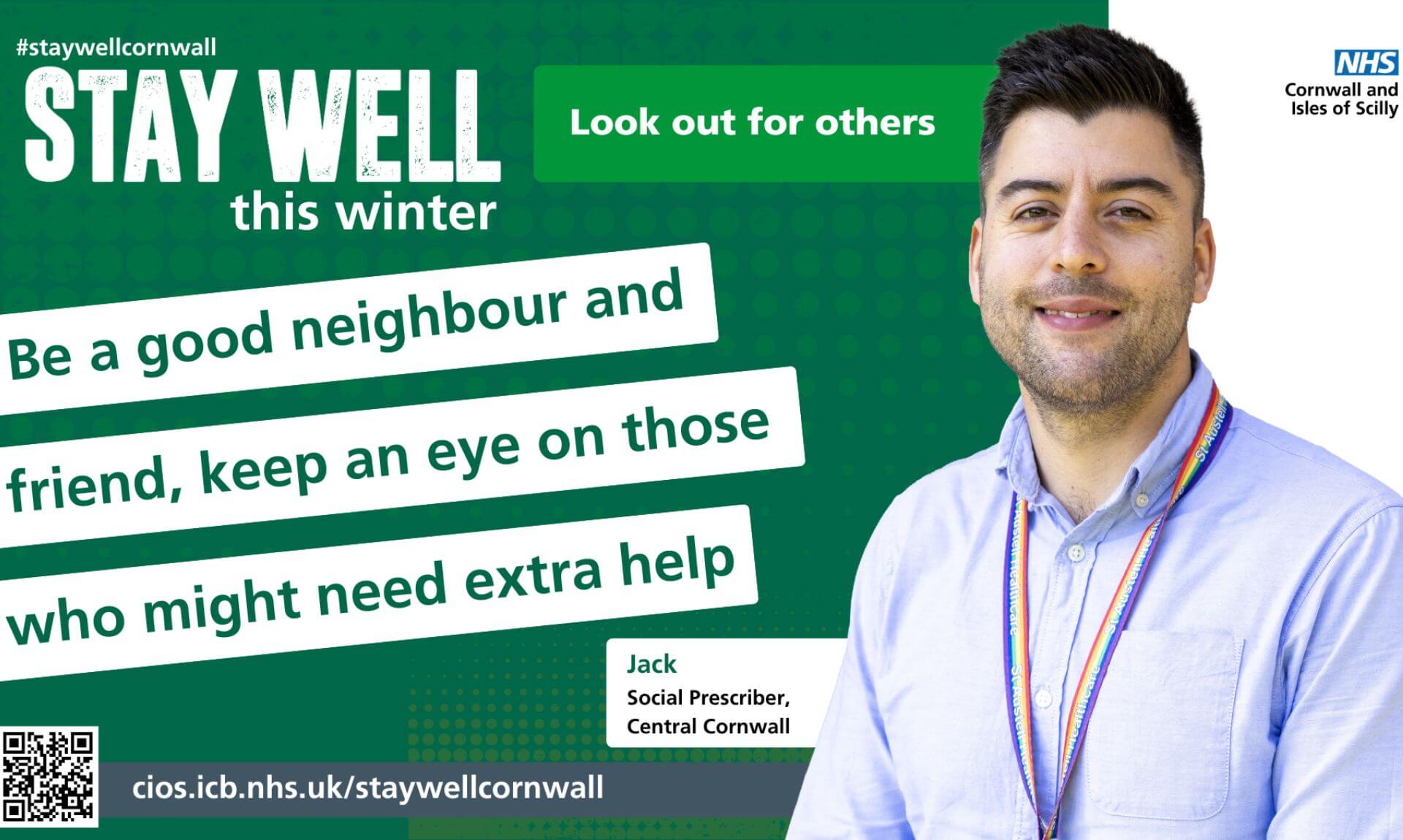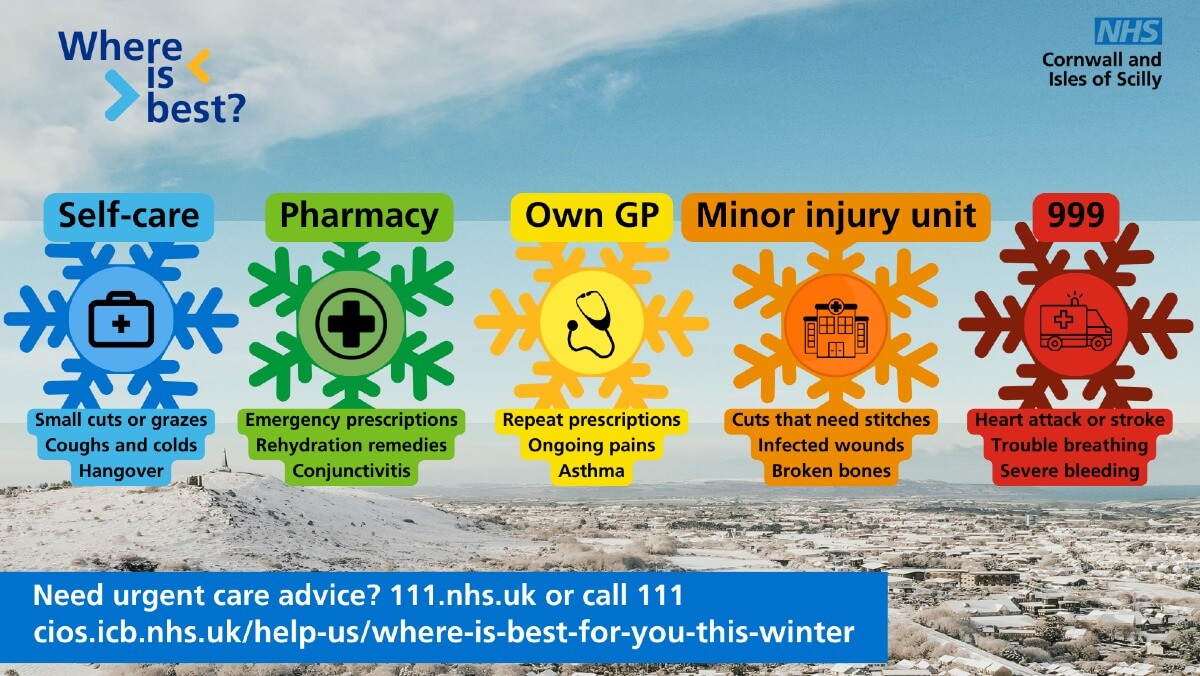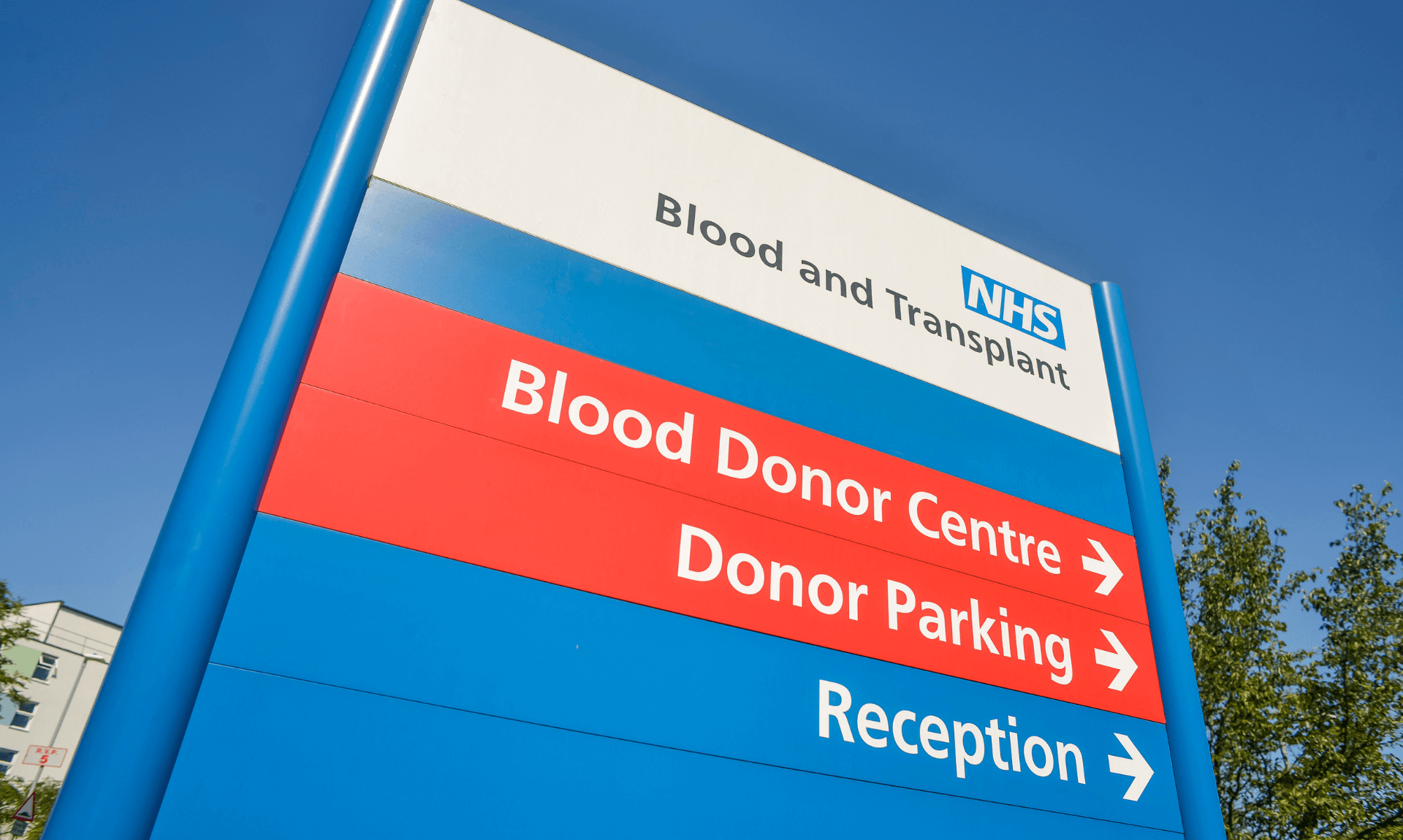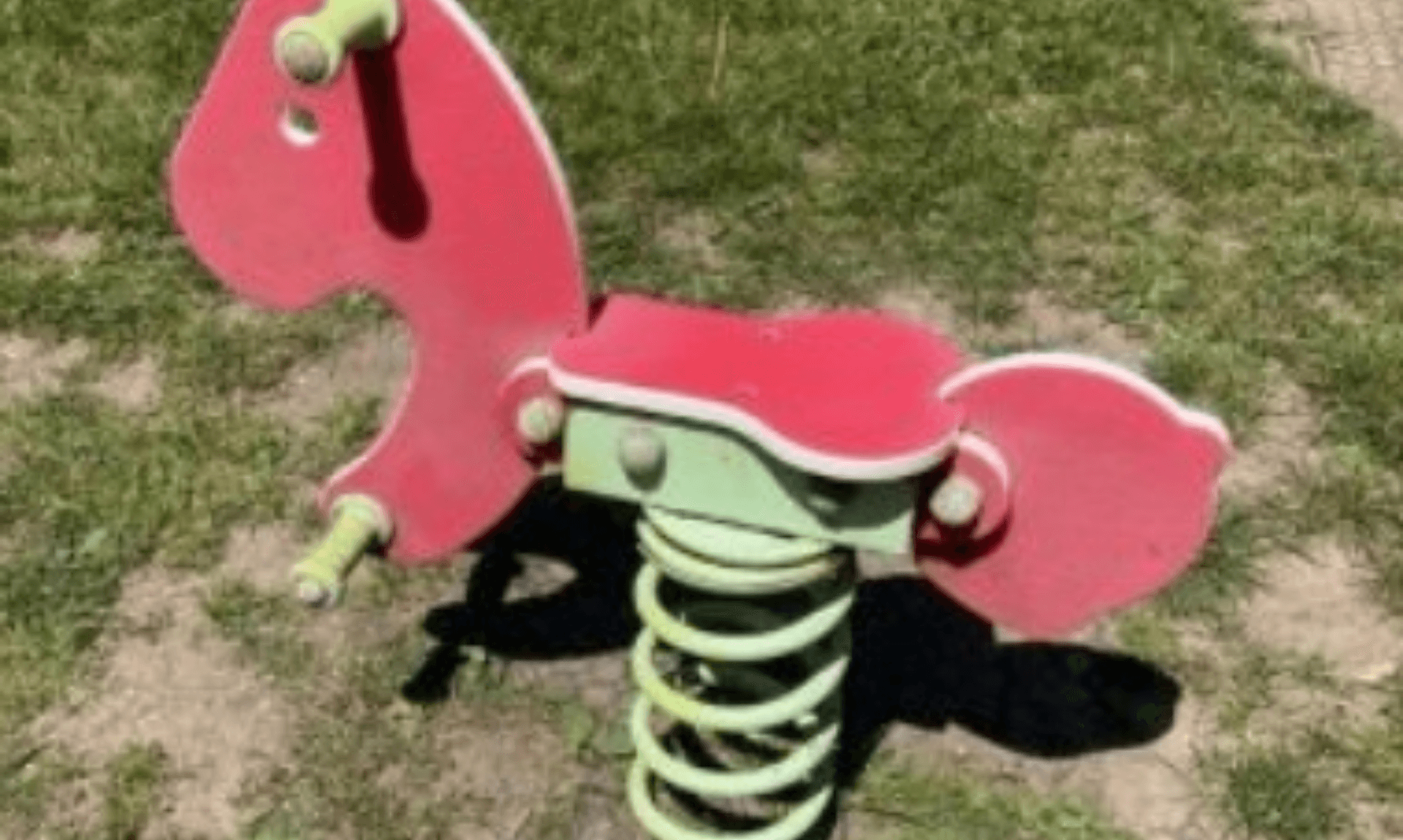Beat Winter Illnesses: Top Tips to Stay Healthy and Avoid A&E
With winter illnesses on the rise, the NHS in Cornwall is urging the public to help reduce pressure on local emergency departments by using the right services and taking steps to prevent the spread of viruses like Norovirus, Flu, and COVID-19.
Here’s how you can help ensure a healthier start to the new year.
Rising Flu Cases Prompt Extra Precautions
Staff at Royal Cornwall Hospital are wearing masks in some wards and the emergency department to protect vulnerable patients as flu cases continue to climb. Dr Chris Reid, Chief Medical Officer for NHS Cornwall and Isles of Scilly Integrated Care Board, advises staying away from hospital patients and care home residents if you have symptoms of infectious illnesses.
“Staying at home and having rest, warm drinks, and over-the-counter medicines can help with many winter bugs,” Dr Chris said. “Picking the right service for your needs can get you on the road to recovery faster.”
Stay Well at Home and Stop the Spread
The NHS highlights that most winter illnesses can be treated at home. Here are their top tips:
- Rest and hydrate: Look after yourself with plenty of rest and fluids.
- Hand washing is essential: Wash your hands regularly, especially before eating, after using the loo, and after being in public places. For parents, ensure children follow the same practices. Hand sanitiser is a good backup but may not work against all illnesses like Norovirus.
- Stay home if unwell: Avoid health settings if you suspect you have Norovirus, COVID-19, or flu. Use NHS 111 online for advice instead.
Choose the Right NHS Service
To ensure the best care and reduce pressure on emergency services, use the right NHS resources:
- Pharmacies: Get help with coughs, colds, minor infections, emergency prescriptions, and more. Check your nearest open pharmacy.
- GP appointments: For non-urgent needs like long-term conditions or ongoing aches and pains, contact your GP surgery. Extra appointments have been made available.
- Minor Injury Units (MIUs): For minor injuries like cuts, suspected broken bones, or burns, visit one of ten MIUs across Cornwall. They are open late and on weekends.
- Urgent Treatment Centre: West Cornwall Hospital offers treatment for urgent but non-life-threatening conditions daily from 8am to midnight. No appointment is needed.
- Emergency Department and 999: Only use these for life-threatening situations, such as chest pain, breathing difficulties, severe bleeding, or loss of consciousness.
Before heading out, check live opening times and wait times online: Royal Cornwall Hospitals Urgent Care.
Protect Yourself with a Flu Vaccine
It’s not too late to book a flu vaccine if you’re eligible for a free NHS jab. Options include:
- Booking online or via the NHS App (for those aged 18 or over).
- Calling NHS 119.
- Contacting your GP surgery.
Stay Informed and Healthy
For more tips and advice, follow the Stay Well campaign, which offers guidance on local health and wellbeing services in Cornwall.
By following these steps, you can protect yourself, your loved ones, and the NHS this winter.
Share This Story, Choose Your Platform!
To keep up with the latest cornish news follow us below
Follow CornishStuff on Facebook - Like our Facebook page to get the latest news in your feed and join in the discussions in the comments. Click here to give us a like!
Follow us on Twitter - For the latest breaking news in Cornwall and the latest stories, click here to follow CornishStuff on X.
Follow us on Instagram - We also put the latest news in our Instagram Stories. Click here to follow CornishStuff on Instagram.
You Might Also Be Interested In
Latest News In Cornwall
Daily Cornish news by email
The latest daily news in Cornwall, sent direct to your inbox.




























